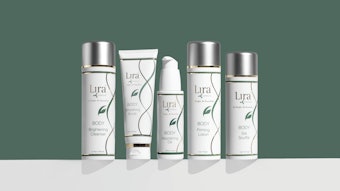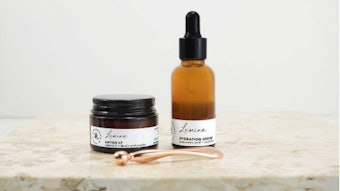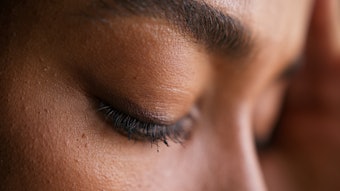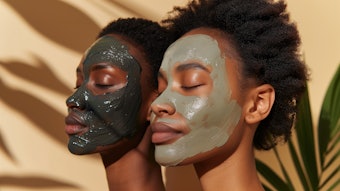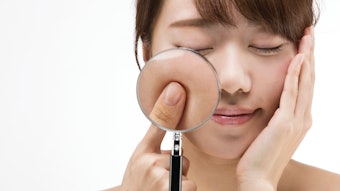
Other than raising a person's risk for skin cancer, UV radiation from the sun weakens the skin's protective barrier, a recent study reveals.
"Solar UV radiation poses a double threat to skin by both increasing the biomechanical driving force for damage while simultaneously decreasing the skin’s natural ability to resist, compromising the critical barrier function of the skin," Reinhold H. Dauskardt and his colleagues wrote in a new study published in the Proceedings of the National Academy of Sciences.
Photoaging and skin cancer have been extensively studied, but the effects of UV on the critical mechanical barrier function of the outermost layer of the epidermis, the stratum corneum (SC), are not understood, according to Dauskardt and his research team. The SC is the first line of defense against environmental exposures like solar UV radiation. Alteration of the SC’s mechanical properties can lead to severe macroscopic skin damage such as chapping and cracking and associated inflammation, infection, scarring and abnormal desquamation (also known as skin peeling).
Further, the study revealed that UV exposure has dramatic effects on cell cohesion and mechanical integrity that are related to its effects on the SC’s intercellular components, including intercellular lipids and corneodesmosomes. The research team found that the keratin-controlled stiffness remained constant with UV exposure, the intercellular strength, strain and cohesion decreased markedly.
